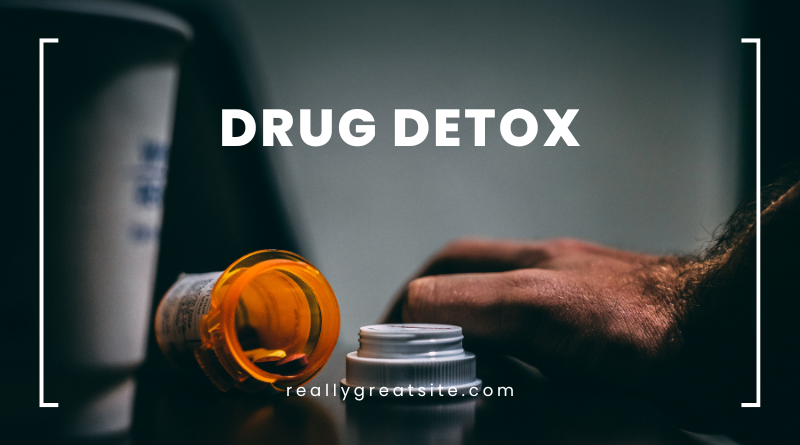Drug detoxification, commonly known as detox, is a process in which an individual stops using drugs and their body eliminates the substances from their system. This can be a challenging and uncomfortable process, as the body may experience symptoms of withdrawal as it adjusts to the absence of the drug. In this article, we will explore what drug detox is, the symptoms of detox and withdrawal, what medically assisted detox entails, how to detox at home, and the steps to follow after detox.
What is Drug Detox?
Drug detox is the process of removing drugs and there metabolites from the body. This process can be done in various ways, including medically supervised detoxification or at-home detox methods. The primary goal of drug detox is to help the individual overcome their physical dependence on drugs, which is often the first step towards recovery from drug addiction.
Symptoms of Drug Detox and Withdrawal
The symptoms of drug detox and withdrawal can vary depending on the drug(s) used, the duration of use, and other individual factors. Some common symptoms of detox and withdrawal include:
- Anxiety
- Depression
- Insomnia
- Fatigue
- Nausea
- Vomiting
- Sweating
- Tremors
- Irritability
- Cravings
- Seizures
- Hallucinations
These symptoms can be challenging to manage, and in some cases, they may even be life-threatening. For this reason, it is recommended that individuals seek professional help if they are considering detoxing from drugs. Connect with best psychologists in India at PsychowellnessCenter, who will help you in proper way of drug detox so that you will not suffer with above mentioned symptoms and if they occur your psychologists, therapists or counsellors will tell you the ways to overcome them.
What is Medically Assisted Detox?
Medically assisted detox, also known as medical detox, is a supervised detoxification process that takes place in a medical setting. This type of detox involves the use of medications and other treatments to help alleviate the symptoms of withdrawal and to make the process more comfortable for the individual. In some cases, individuals may need to be hospitalized during the detox process to ensure their safety and well-being.
How to Detox at Home
Detoxing at home can be a viable option for individuals who have a mild to moderate addiction to drugs and who are in relatively good health. However, it is important to note that detoxing at home can be risky, as the symptoms of withdrawal can be severe and potentially life-threatening. If you are considering detoxing at home, it is recommended that you speak with a healthcare professional first to determine if it is safe for you to do so.
Steps to Follow After Detox

